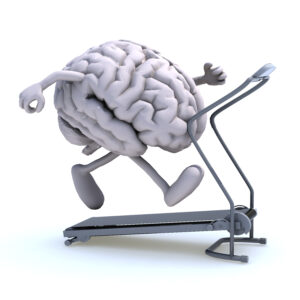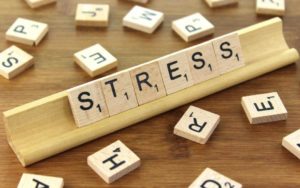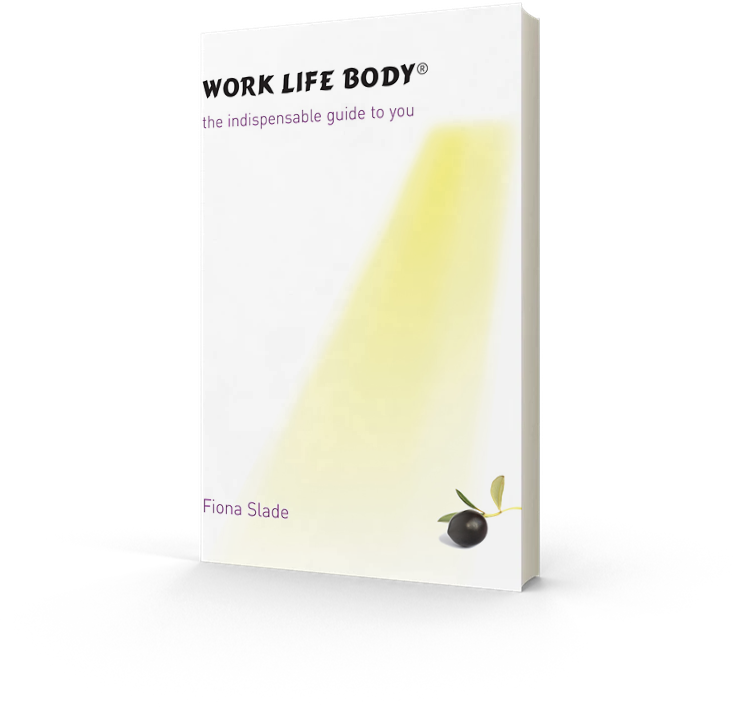The gift of sleep. A wonderful thing. It can be very fragile. There will always be those of us who sleep well – get to sleep, sleep soundly and wake feeling great. There will sometimes be those of us who don’t. There can be the challenge of getting to sleep, staying asleep, waking, getting back to sleep – and then often the prize irony of finding that you are asleep, at last, just before you need to wake up and have difficulty waking and getting up. It should be easy. It should be so natural.
There has been a large amount of media coverage on sleep this year. There seems to be every combination of person with sleep problems and many, many different expert opinions with various strategies and opinions.
Clearly the solution is finding what suits you – what works for you.
Perhaps taking advantage of this time of the year can also help. It isn’t always welcome losing our light evenings and finding the daylight hours decreasing – but it is something well beyond anything we could organise for ourselves. Nature is able to control the light and day length and make a certain part of the year a more dormant part of the year. So with that rather powerful assistance, it is a very good time of year to try and get in synch with our circadian rhythm and all that.
The Basics
Deliberately, consciously wind down at least an hour before going to bed. Give yourself a chance. If you aren’t a good sleeper, working and worrying or staying hyped up until close to bedtime isn’t likely to be conducive to drifting off into a good night’s sleep. Clear you head, you’ve finished, you are now preparing for rest. Listen to some gentle music. Steady your breathing, just taking some slightly deeper breaths and breathe out for as long or longer than you breathe in – it is a lovely way to settle mood and nerves and let your body know you are changing gear.
Naturally reducing anxiety and stress is important for the onset of quality rest and a good night’s sleep. There are several strategies to do this. Either use your own strategies that you have developed and you know to be effective and successful or read some of the other blogs or put a very simple strategy in place. Make choices, select options. Tell your body you are on the case – staying in anxiety or overdrive is not necessary. One of the simplest beginner strategies is pencil and paper. Until you have mastered getting your mind to rest, scribbling things down so that you can park them is extremely effective. Even if your days are full and difficult, master the skills of differentiating between day/work/activity and night/relaxation/rest/sleep. You are going to handle the next day much better if you just switch off for those critical hours. We do have crises, there are very difficult times – but virtually always the must useful thing you can do is safeguard your sleep.
If you have sports hobbies or go to the gym or workout, if you sleep well continue doing whatever you are doing. If you aren’t sleeping well – it is advisable to keep workouts to as early as possible, either the morning or as early in the evening as you can – so we have chance to enjoy that lovely rush of activity/energy endorphins we have with a good workout and there is plenty of time for it to subside into that lovely, comfy, content feeling – good for sleep. Don’t rev yourself up – wind down.
Do try and be active and work as many muscle groups as possible during the day. That is what we were designed for and our body will then naturally want to rest and sleep at night. We weren’t designed for a sedentary lifestyle.
Don’t have a tv, pc or tablet or electronic work/communication devices in the bed room. If you have “studio/one-room” accommodation – have the tele well away from you and off for a good hour or 2 before wishing to sleep and put other electronics well away from you (in a box in the bottom of a drawer or wardrobe). Avoid the light from the screens which is known to emit the blue light that sustains wakefulness and severely reduces chances of sleep.
The same goes for some illuminated clocks and radios.
Be careful with temperature. Sleep works well if you are a comfortable temperature before going to bed and then your body temperature lowers slightly, just a couple of degrees. That slightly lower temperature just regulates the body down to rest and is very conducive to sleep and staying asleep.
Don’t eat late/too close to bedtime. It’s best not to eat within 3 or 4 hours before bedtime. If desired bed and sleep time is 10.00pm, try and eat by 7.00pm. Avoid eating fast release sugars close to bedtime, eg: sweets, chocolate, sweet drinks. Spikes in blood sugar will disrupt onset of natural sleep and mean that the following fall of blood sugar during the night can wake you up and make you feel hungry (even when you are not). Sugar rollercoasters aren’t good for any time of day but especially not at night. Avoid coffee in the afternoon. Caffeine can still be affecting us up to 12 hours after our last coffee or caffeine drink.
With your evening meal you can include foods with natural melatonin, the “sleep hormone”: rice, ginger, tomatoes, bananas, oats – or foods that contain tryptophan a precursor for melatonin – nuts, fish, chicken, turkey, eggs, beans, pulses, sesame seeds, sunflower seeds. Try not to give your digestive system too much work to do – you want your body to go to sleep.
Try and keep a routine. Our bodies and brains like routine and we have a pre‑programmed circadian rhythm – our natural cycle of light, dark, sleep, awake. Living in tune with that strong, natural rhythm will greatly enhance sleep at night and activity, cognitive function and energy during the day.
Try and spend time in good daylight. It is especially good for waking you up in the morning and will help set the body clock which will help towards sleep at the end of the day.
Personal Touches
Know yourself.
Don’t read exciting novels and thrillers which might interfere with the mind getting ready for sleep. Read very easy, “nice” material. Books on rivers, old houses, landmarks, national parks, non-violent/non-political histories of lovely parts of the world, cultures and traditions. Things that please the mind and not too thought-provoking or stimulating. Books or reading material that you can easily pick up and put down; no particular brain engagement required.
Or play a CD or sound track that you know soothes you and makes you feel sleepy. Use a device that has a sleep mode and/or switches itself off – so that once you have drifted off, the device takes care of itself.
Psychology is key. Believe you are going to sleep. Commit yourself to a sensible approach to looking after yourself. Look forward to going to sleep. It’s the perfect time to do this. Anxiety about not sleeping is the greatest contributor to poor sleep or no sleep that there is. Until you have perfected sleep, remember, you are horizontal, rested, warm, dry, safe – just lie back and relax – and then, you never know . . . sleep.





